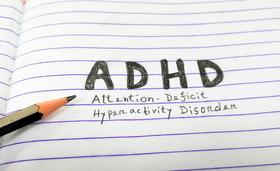School Overview
School Type
Grades Offered
n/a
Total Students (92-93)
2 students
Total Classroom Teachers (19-20)
2 teachers

School Rankings
Student : Teacher Ratio
n/a
14:1
American Indian
(92-93)n/a
n/a
Asian
(92-93)n/a
n/a
Hispanic
(92-93)n/a
n/a
Black
(92-93)50%
52%
White
(92-93)50%
48%
Hawaiian
(92-93)n/a
n/a
Two or more races
(92-93)n/a
n/a
Eligible for Free Lunch (92-93)
50%
55%
School Statewide Testing
School District Name
Source: National Center for Education Statistics (NCES), MS Dept. of Education
Frequently Asked Questions
How many students attend Center For Alternative Programs?
2 students attend Center For Alternative Programs.
What is the racial composition of the student body?
50% of Center For Alternative Programs students are Black, and 50% of students are White.
What school district is Center For Alternative Programs part of?
Center For Alternative Programs is part of Vicksburg Warren School District.
Recent Articles

Online Homework Helper
Homework is the opportunity for children to practice the skills that they are learning at school at home. There are a few online resources that offer free help with homework.

Understanding ADHD in Children: Signs, Diagnosis, and Support Strategies
This comprehensive article explores the complex nature of attention-deficit/hyperactivity disorder (ADHD) in children, providing insights into its symptoms, diagnosis process, and effective support strategies. From recognizing early signs to navigating the diagnostic journey, parents will gain valuable knowledge to help their child thrive. Expert insights, real-life examples, and practical tips empower readers to create a supportive environment that meets the unique needs of children with ADHD.

March 04, 2024
Teaching in Contemporary TimesWe explore why individuals choose teaching, illuminating intrinsic motivations, the influence of role models, the pursuit of lifelong learning, and the aspiration to impact society.





